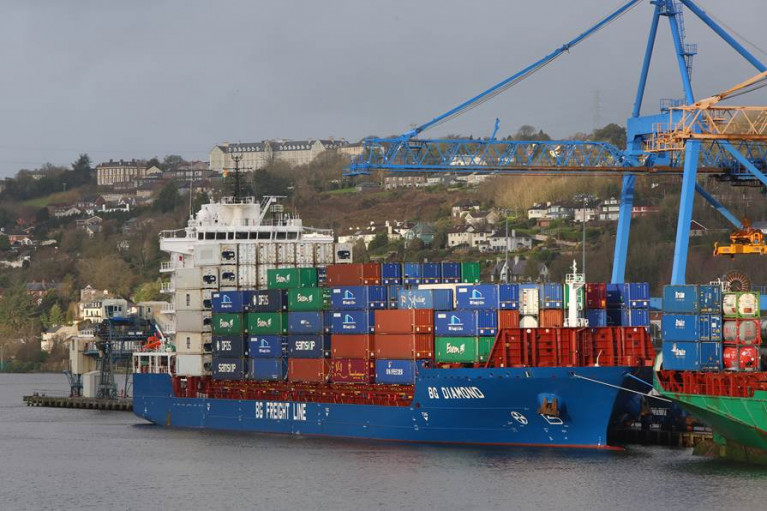Due to the rapid spread of the Delta variant has forced some countries to reverse plans to reopen their economies, denting the hopes of Irish exporters for continued expansion.
In particular, falling exports to countries outside of Europe are beginning to spook Ireland's exporters, who managed last year to throw off the impact of the many burdens of the covid pandemic and grow sales both within the EU but also across global markets.
Not so this year, according to the latest Eurostat release which shows all EU member states registering large increases in exports outside Europe with the exception of Ireland and Cyprus.
Double-digit export growth to Asia and the Americas was recorded by Germany, France, Italy and Spain, while Ireland fell back by four per cent year on year for the first five months of 2021. Much of the €2.4bn in lost sales emanated from falling exports to Japan, Canada and the US.
The fall in sales to Japan is particularly worrying as it was Ireland’s third-largest trade partner outside the EU and the second largest in Asia back in February 2019, when the EU-Japan free trade deal was signed off.
Since then, exports to the market have fallen each year and looks likely to fall by a further third this year.
The free trade agreement was supposed to be good news for Irish exporters of pharmaceuticals, medical devices and agri-foods.
Further reading from this Irish Examiner story here.































































